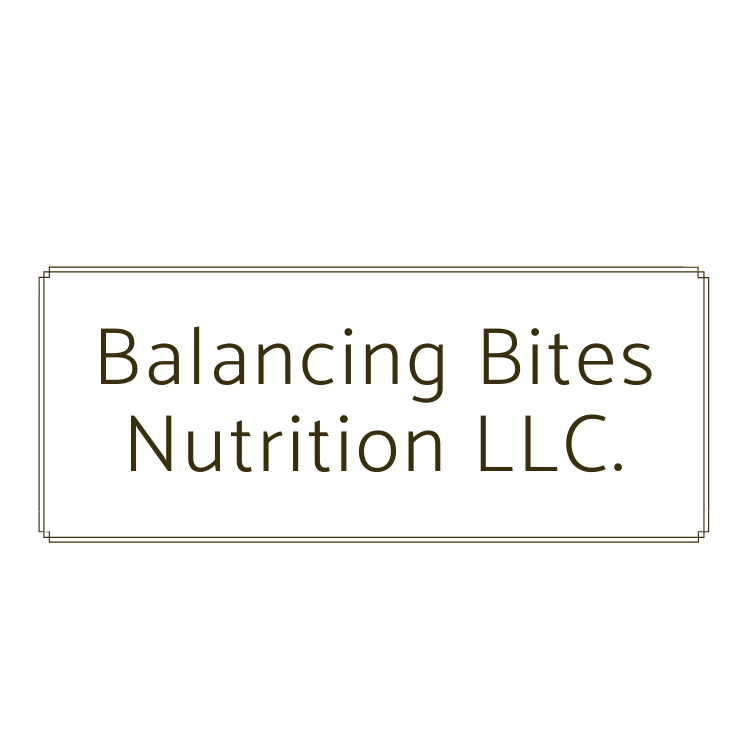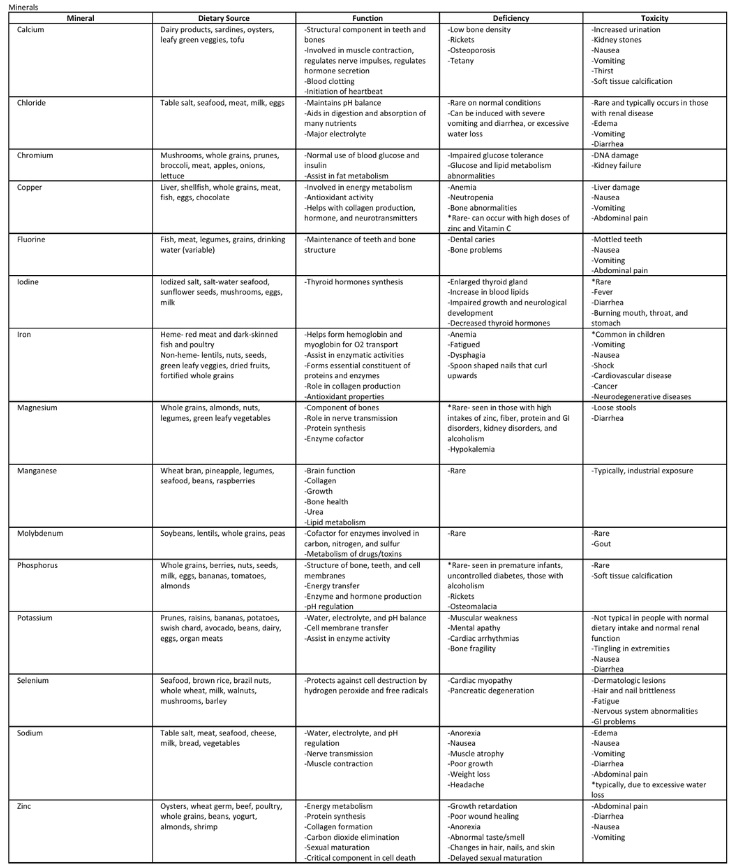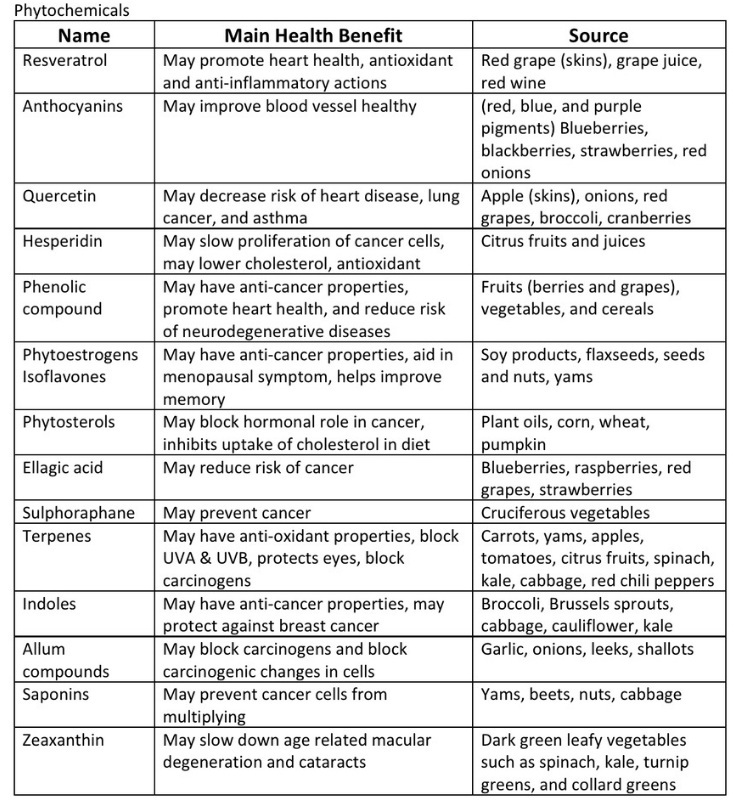This month I have discussed how to balance a diet and the importance of carbohydrates and fats. For the last week of March, I’m discussing micronutrients and phytochemicals.
Micronutrients are needed in small amounts by the body. Even though they do not provide energy, they are crucial for many metabolic and physiological processes in the body. Without getting too deep into the science, I’ll briefly cover the main vitamins, minerals, and phytochemicals.
What are they
Vitamins are organic compounds found in foods. They do not provide energy but are essential in trace amounts for physiological functions such as reproduction and growth. If vitamins are absent from the diet or if someone suffers from a malabsorption syndrome (e.g., celiac disease), deficiency can take place.
There are two types of vitamin classification: water soluble and fat soluble.
Water Soluble Vitamins
Water soluble vitamins (Vitamins B and C) are dissolved in water. Water soluble vitamins are absorbed in the gastrointestinal tract and require carrier proteins for transportation. They are not stored in the body and are excreted in urine.
Fat Soluble Vitamins
Fat soluble vitamins (Vitamins A, D, E, K) are dissolved in fat. Fat soluble vitamins are dissolved in the gastrointestinal tract and must be transported by fat. These vitamins are stored in fatty tissues and are excreted in feces.
Minerals
Minerals, also obtained through food, act as enzymes, co-factors in enzymatic reactions, and electrolytes. Electrolytes are important for muscle contractions, fluid balance, and generation of nerve impulses.
Phytochemicals
Phytochemicals are non-nutrient chemicals that are found in plants. These chemicals are known to help protect us from diseases. Phytochemicals function as anti-oxidants, anti-bacterial, anti-viral, and anti-inflammatory plus more.
Why are they important
I’ll share a short overview of the main vitamins, minerals, and phytochemicals needed by the body. There are a few ultratrace minerals that are not listed. Keep in mind that the information I listed for each vitamin, mineral, and phytochemical is not exhaustive. It’s also important to note that most toxicities are from supplementation and not food intake.
*** The tables did not turn out quite how I’d hope. In the near future, I will update this post with better tables.***
How to Get More Micronutrients and Phytochemicals in Your Diet
The best way to get quality micronutrients and phytochemicals in your diet is to eat a variety of foods. Eating a variety of lean proteins, whole grains, legumes, beans, seeds, nuts, vegetables, and fruit will provide you with enough micronutrients and phytochemicals. It is also best to eat every color of the rainbow of fruits and vegetables. Different colors represents different phytochemicals and in some cases micronutrients.
If you are in a calorie deficit, vegetarian, and/or vegan it might be a good idea to take supplementation. Keep in mind that the FDA does not monitor supplements. You might not be getting what you’re buying. I also recommend vegans talk to a dietitian about how to eat to properly to get enough micronutrients from the diet and what should be supplemented.















